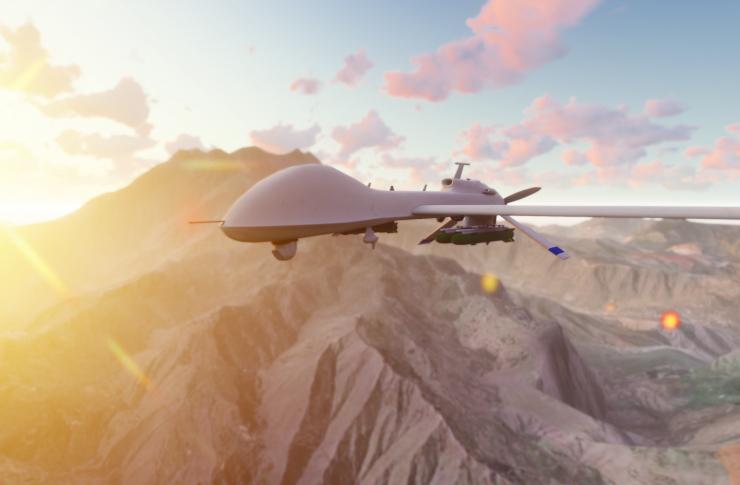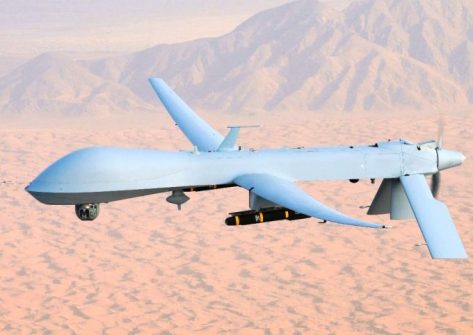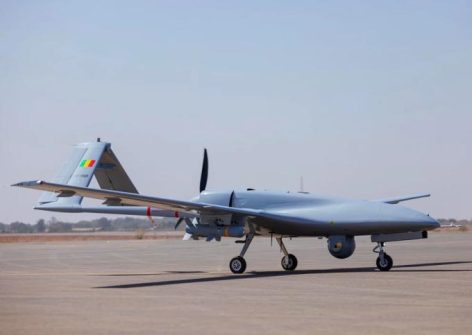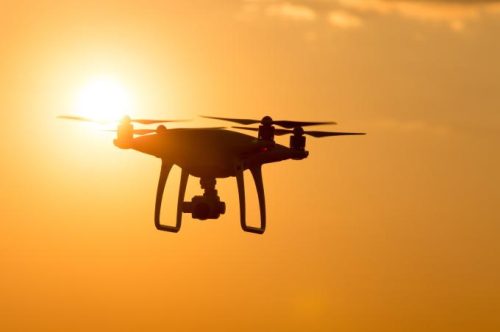Africa. The Drone Market.

South Africa, Nigeria, Algeria, and Egypt produce their own. However, around twenty African countries are purchasing unmanned aircraft for military purposes. China and Turkey lead the way among foreign exporters. Meanwhile, the arsenals of jihadist and criminal groups
are also growing.
The control of land borders and coasts, combating illicit trafficking such as drugs, weapons and poaching, raids against cells of jihadist groups or rebel militiamen. Even in Africa, the use of drones is reshaping the internal security of countries and cross-border security. Among the governments that have invested the most in the purchase of unmanned aerial vehicles (UAVs) in recent years is Nigeria. Abuja focused in particular on the Orions, produced by the French-American company Elistair. These drones from the MALE (medium-altitude long-endurance) category are capable of remaining in flight for up to fifty hours and identifying potential threats even several kilometres away.

An MQ-1 Predator, armed with AGM-114 Hellfire missiles. Photo: Leslie Pratt – afrc.af.mil.
The first African country to equip itself with drones for military purposes was South Africa, which used them in the civil war in Rhodesia in 1978. The first UAVs produced by Cape Town date back to the end of the 1980s. Other states are also investing in domestic production. Akram Kharief, a defence and security analyst of Algerian origin, explains: “Algeria has developed two armed drones of the MALE category in cooperation with the Emirates. Egypt has also launched its similar drone at the EDEX (Egypt Defence Expo) in Cairo in 2021”. Nigeria and Morocco are also moving along the same path.
Foreign suppliers
At the moment, however, the vast majority of drones flying over African skies come from countries outside the continent. At the top of the list are China and Turkey, followed by Israel, the United States, Germany, and Iran. “The country that led the way was China”, continues the Algerian analyst. “Beijing is a leader in the production of MALE drones. Its CH3, CH4 and Wing Loong models are the most widespread in Africa, mainly in Nigeria, Egypt, Ethiopia, Algeria, and Morocco”.

A freshly delivered Malian Bayraktar TB2. Photo: President’s office Mali
Turkey has forcefully entered the African market by sending its Bayraktar TB2 drones in support of the Government of National Accord (GNA) in Tripoli. The aircraft is produced by the Baykar company, whose board of directors chairman is Selcuk Bayraktar, son-in-law of Turkish President Recep Tayyip Erdoğan.
The effectiveness of Turkish UAVs in repelling the offensives of the soldiers of Cyrenaica, General Khalifa Haftar has attracted the interest of other African governments including those of Ethiopia, Morocco, Rwanda, Togo, and Tunisia. A list that Angola could soon join.
“It cannot be ruled out that other countries will enter this market”, says Federico Borsari, an analyst at the Centre for European Policy Analysis. “There are states that are recording important progress in the development of drones such as Iran. But Saudi Arabia and the Emirates are also investing heavily in their internal industry, so they will
soon start coming forward”.
According to the pacifist organization PAX, based in the Netherlands, at least 20 African countries have equipped themselves with drones for military purposes. Among these are Cameroon, the Democratic Republic of Congo, and Mozambique. Kenya uses them to intercept incursions by al-Shabaab militiamen from Somalia. Botswana, Ivory Coast, Sudan, and Zambia have recently strengthened their respective fleets by purchasing medium-sized tactical drones.
Among these, Botswana has a consolidated supply channel with Israel, from which it had already purchased a series of Silver Arrow Micro-Vs at the beginning of the 2000s.
Drone use by Jihadists
The low cost of these aircraft, the savings in terms of human lives and the relative ease with which UAVs can be obtained for civil or commercial use have also pushed jihadist and criminal groups to focus on this solution. There is clear evidence of the use of drones by al-Shabaab in Somalia, Boko Haram in Nigeria, cells of the West African Province of the Islamic State and armed militias active in DR Congo, and Mozambique.

In recent years the Islamic State group has led the way in this regard, using DJI Phantom drones. 123rf
UAVs are used to gather information, conduct swarm attacks, or carry improvised explosive devices to launch against military and civilian targets. In recent years the Islamic State group has led the way in this regard, using DJI Phantom drones, which can be purchased on Amazon for around 450 dollars, to carry out attacks. Another increasingly widespread practice in Africa is also that of narco-drones, borrowed from Colombian drug cartels who have for some time been using UAVs to evade border security measures or attack cash vans. In the conversion of drones for criminal purposes, ‘help’ could also come from 3D printing technologies through which it is possible to manufacture missing or spare parts at home.
Rocco Bellantone



